Inspiring people
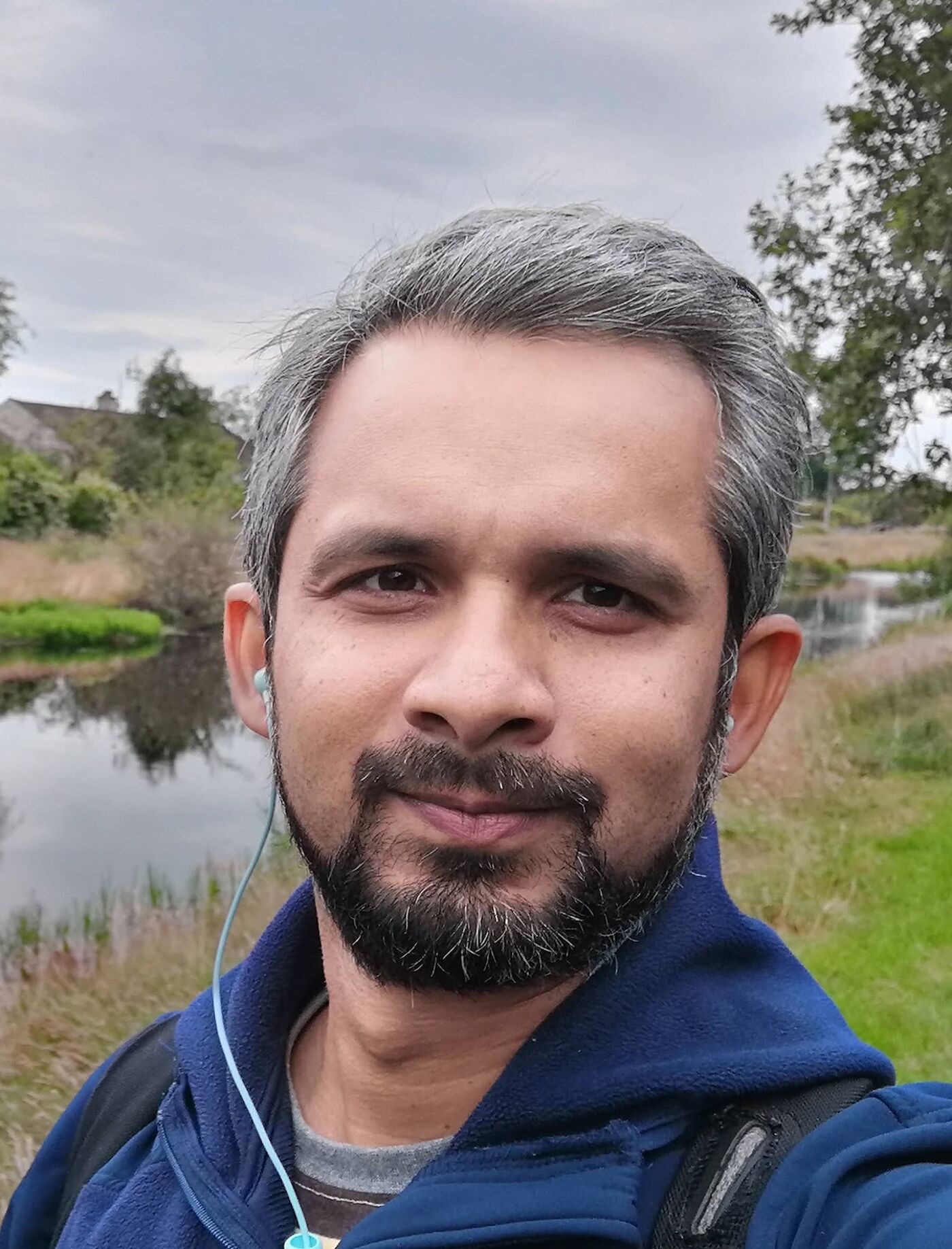
Syed Waqar Nabi
Dr Waqar Nabi is a Lecturer and a member of Education & Practice (EAP) and Systems (GLASS) research sections. He co-leads the Skills and Competencies research group, with an interest in exploring work-based, competency-based, and mastery learning in various contexts. His focus is higher education in Low- and Middle-Income Countries (LMICs) with an aim to reducing disparities. He also investigates the use of heterogeneous computing devices for low-carbon and sustainable computing.
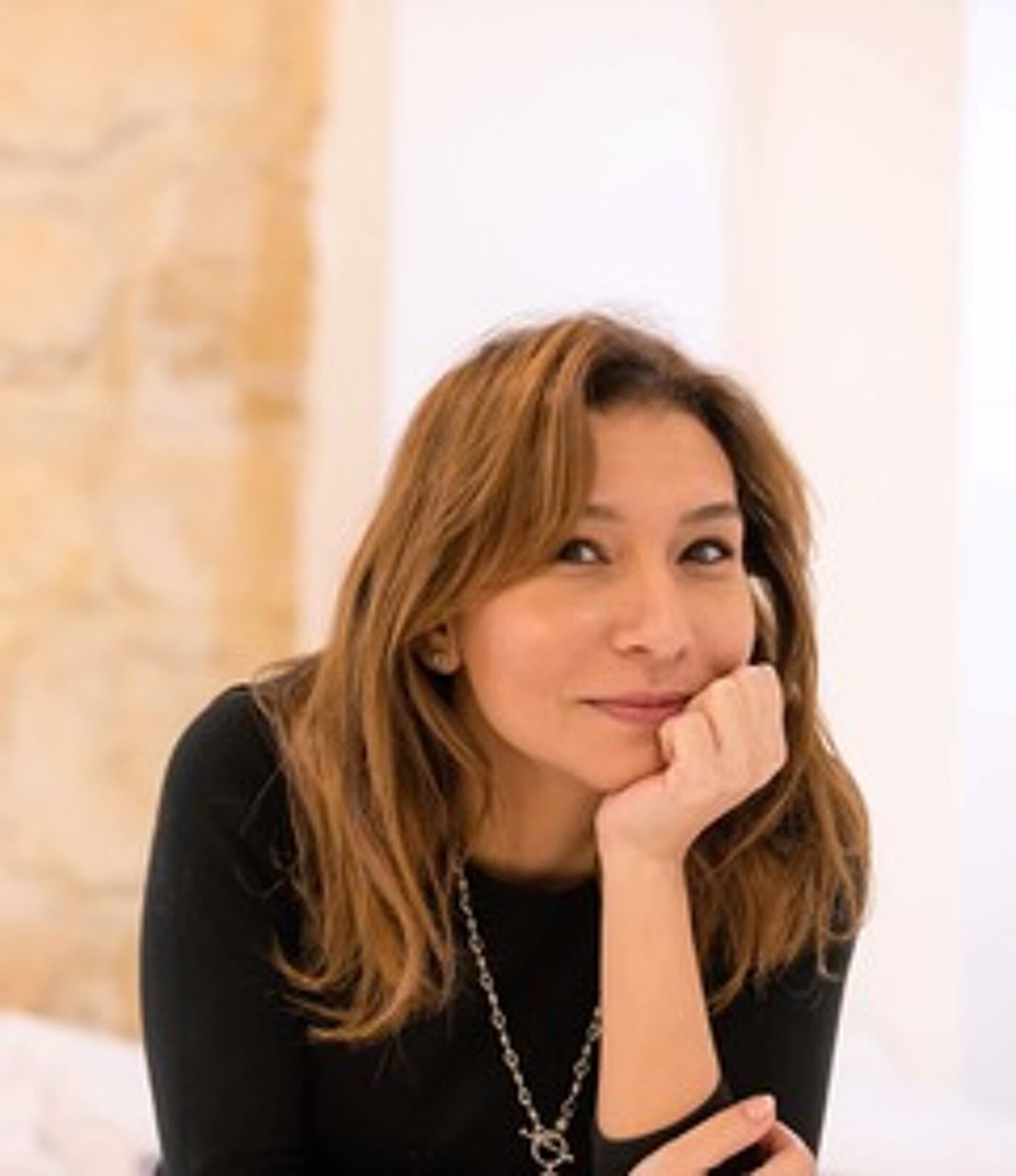
Marwa Mahmoud
Dr Marwa Mahmoud is interested in building socially intelligent technologies utilising computer vision and multimodal machine learning for applications of "AI for Social Good". She pioneered research directions on affective gestures analysis as well as vision-based AI for early diagnosis of disease in animals and animal welfare applications.
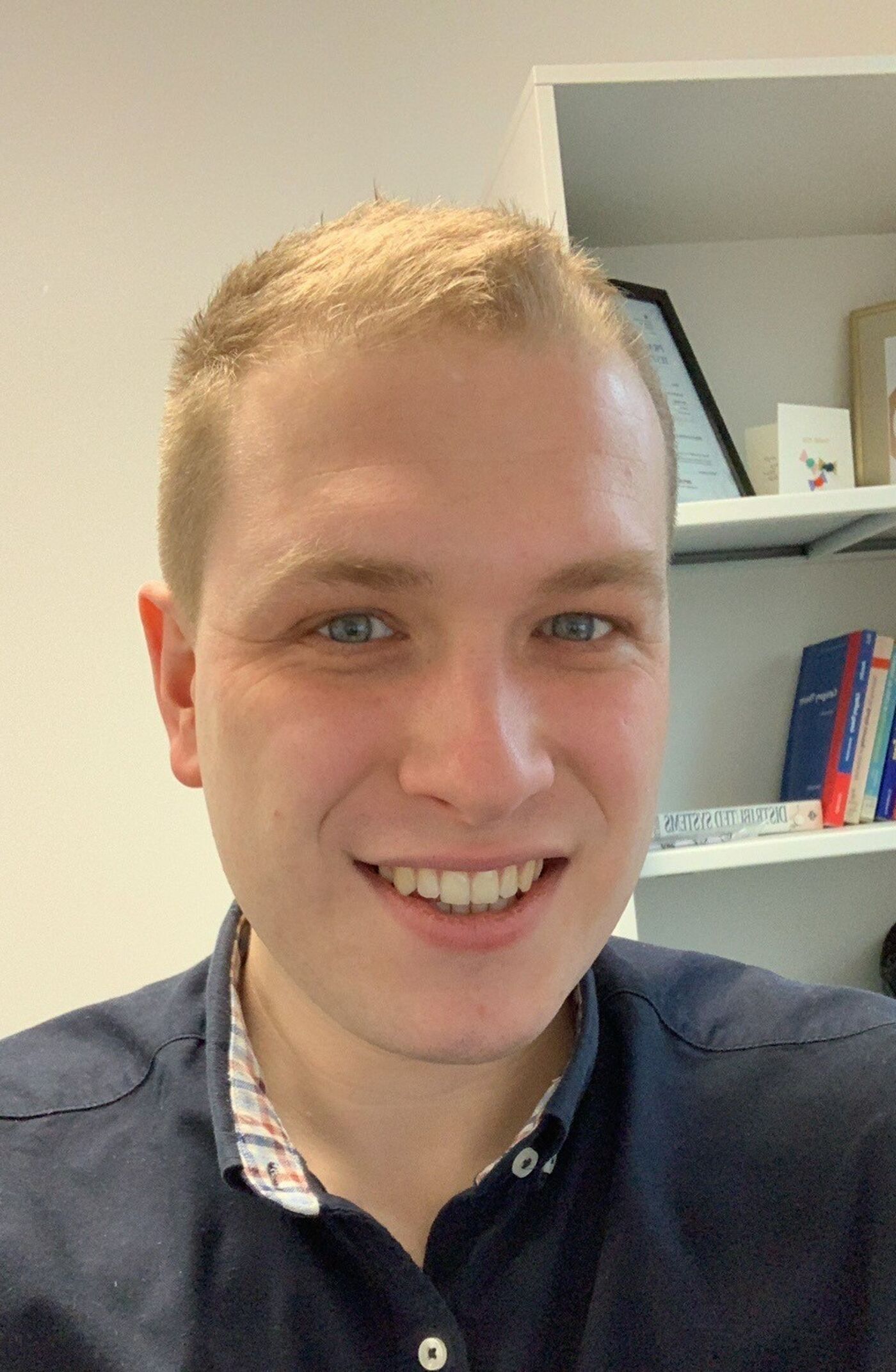
Simon Fowler
Dr Simon Fowler is a Lecturer in Programming Language Foundations. His research investigates how to design and implement programming languages that help developers write safer and more robust code, with a focus on distributed applications and applications that make heavy use of data. He is a core contributor to the Links programming language, and leads the School's Programming Languages theme.
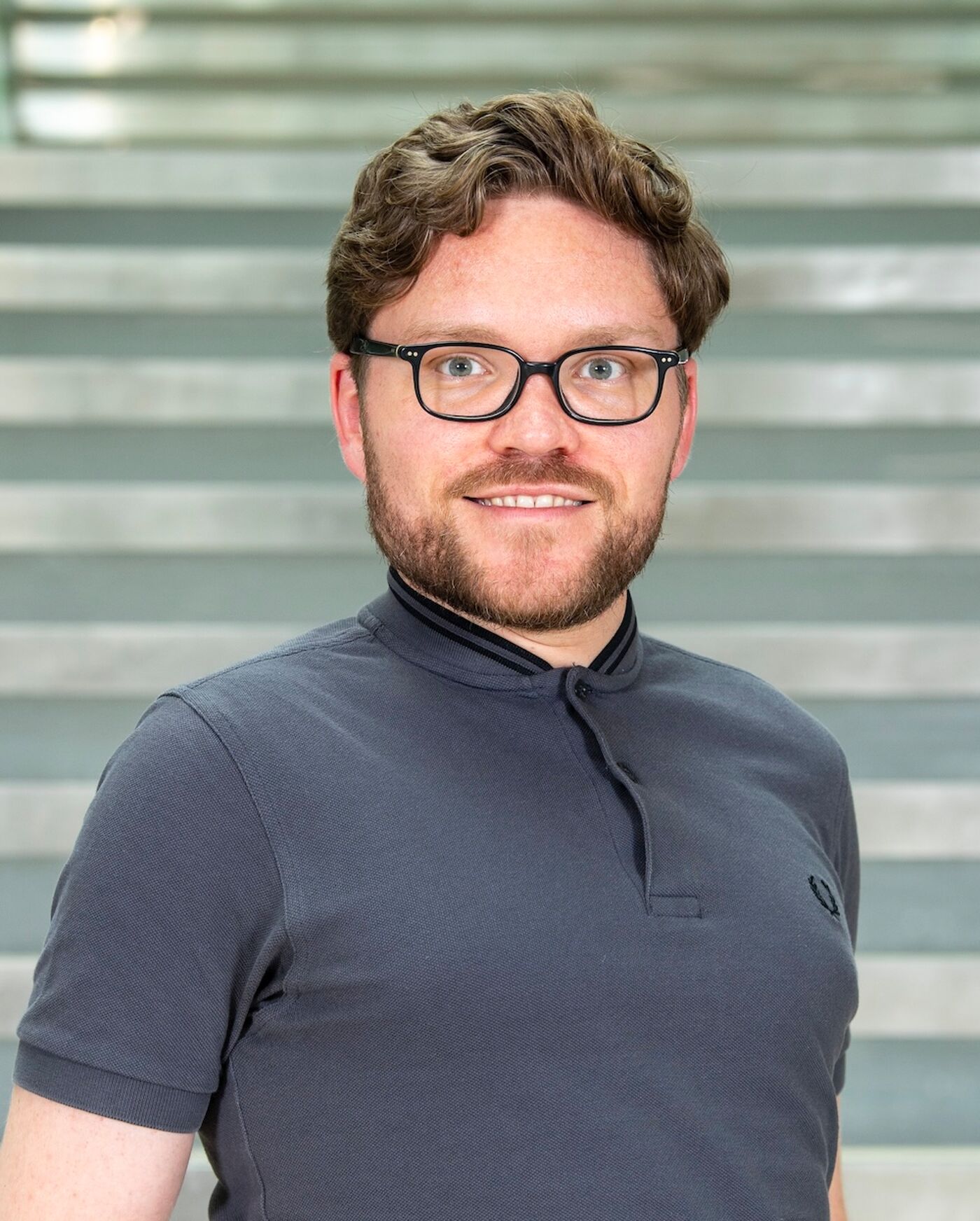
Lauritz Thamsen
Dr Lauritz Thamsen is a Computer Systems researcher, who is passionate about making computing more resource-efficient and sustainable. He leads the Carbon-Conscious Computing lab, which develops new techniques and tools to reduce the footprint of data-intensive applications running on edge/cloud infrastructure. In addition, Lauritz is the School's advisor for Sustainability in the Curriculum and co-organises College-wide Disability Office Hours.
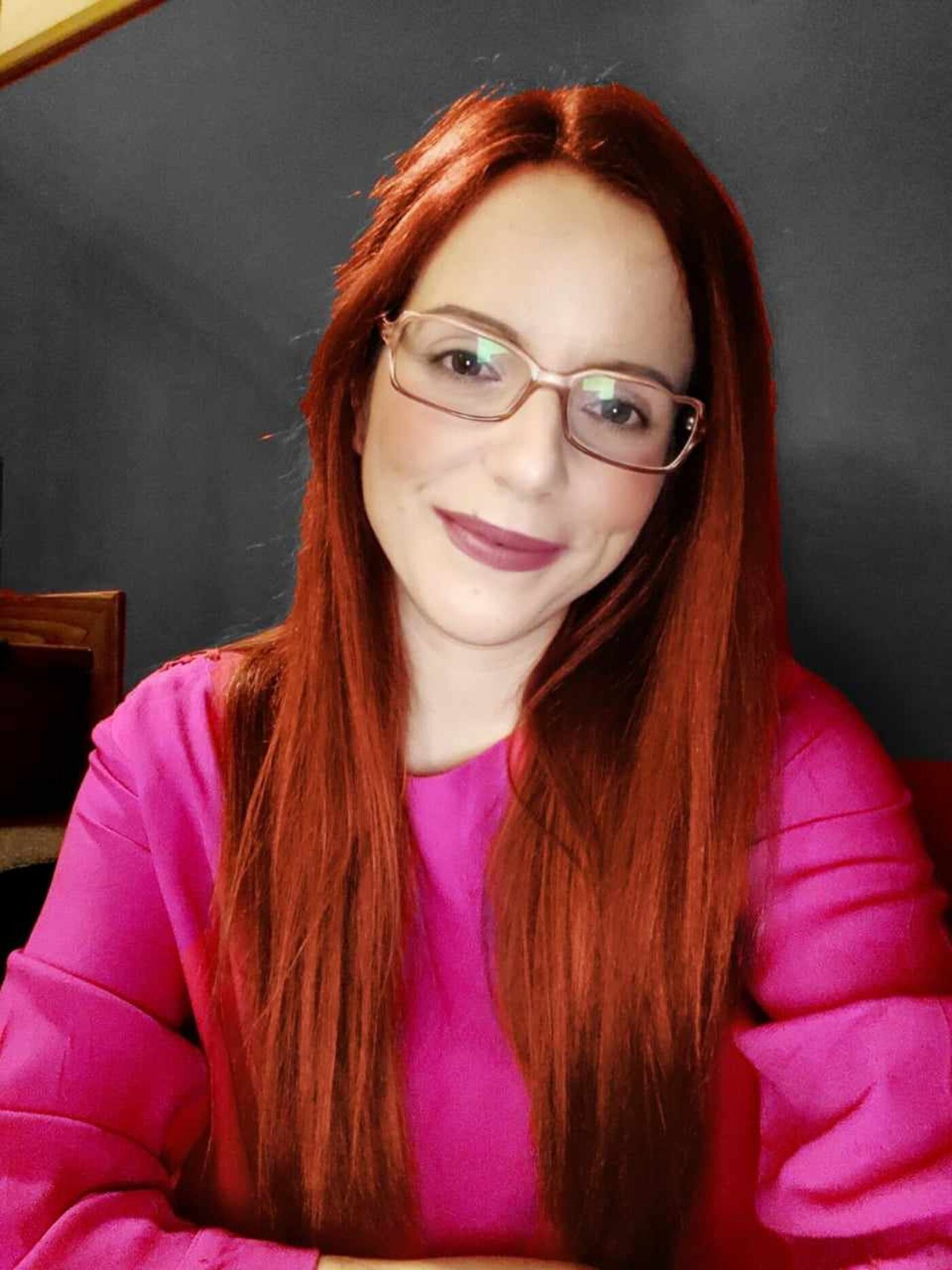
Maria Kallia
Dr Maria Kallia is a Lecturer in Computing Education. Her research is interdisciplinary in nature drawing from fields like Education, Sociology, Learning Sciences, Psycholinguistics, Psychology, and Philosophy. Maria's research has received several awards, and along with her PhD students, she aims to advance the understanding and practice of Computing while fostering inclusive and effective learning environments for all.
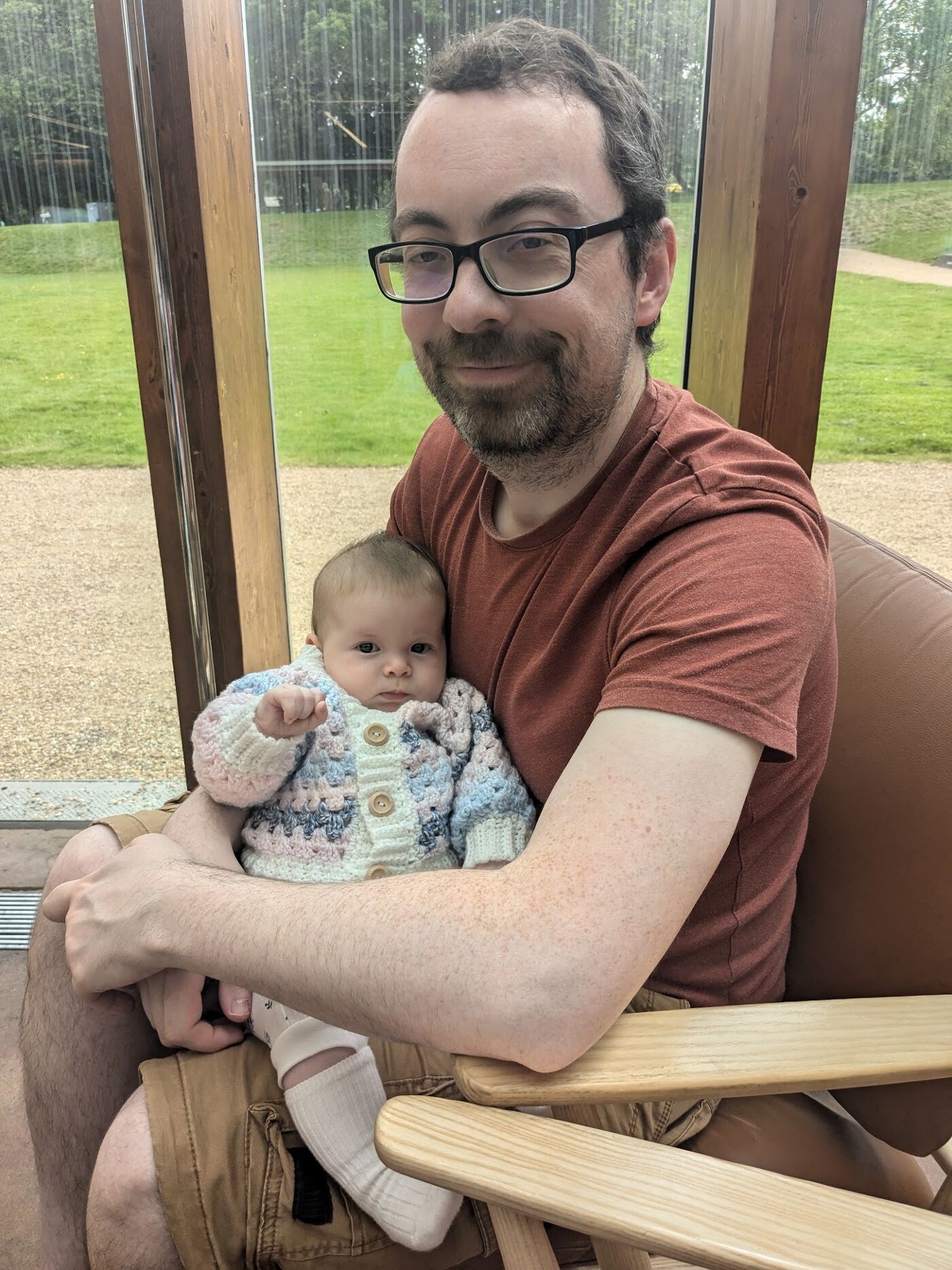
Mark McGill
Dr. Mark McGill is a Lecturer (Assistant Professor) in Human-Computer Interaction and Extended Reality, part of the Multimodal Interaction Group in GIST, having previously conducted his undergraduate, PhD, and PDRA posts all within UoG. His research leverages advances in spatial computing to support productivity, passengers (e.g. through ERC ViAjeRo), privacy and more. In particular, Mark leads the 5 year ERC/UKRI grant AUGSOC exploring the societal impact of everyday augmented reality – a world where spatial computing and mediated perception become the norm.

